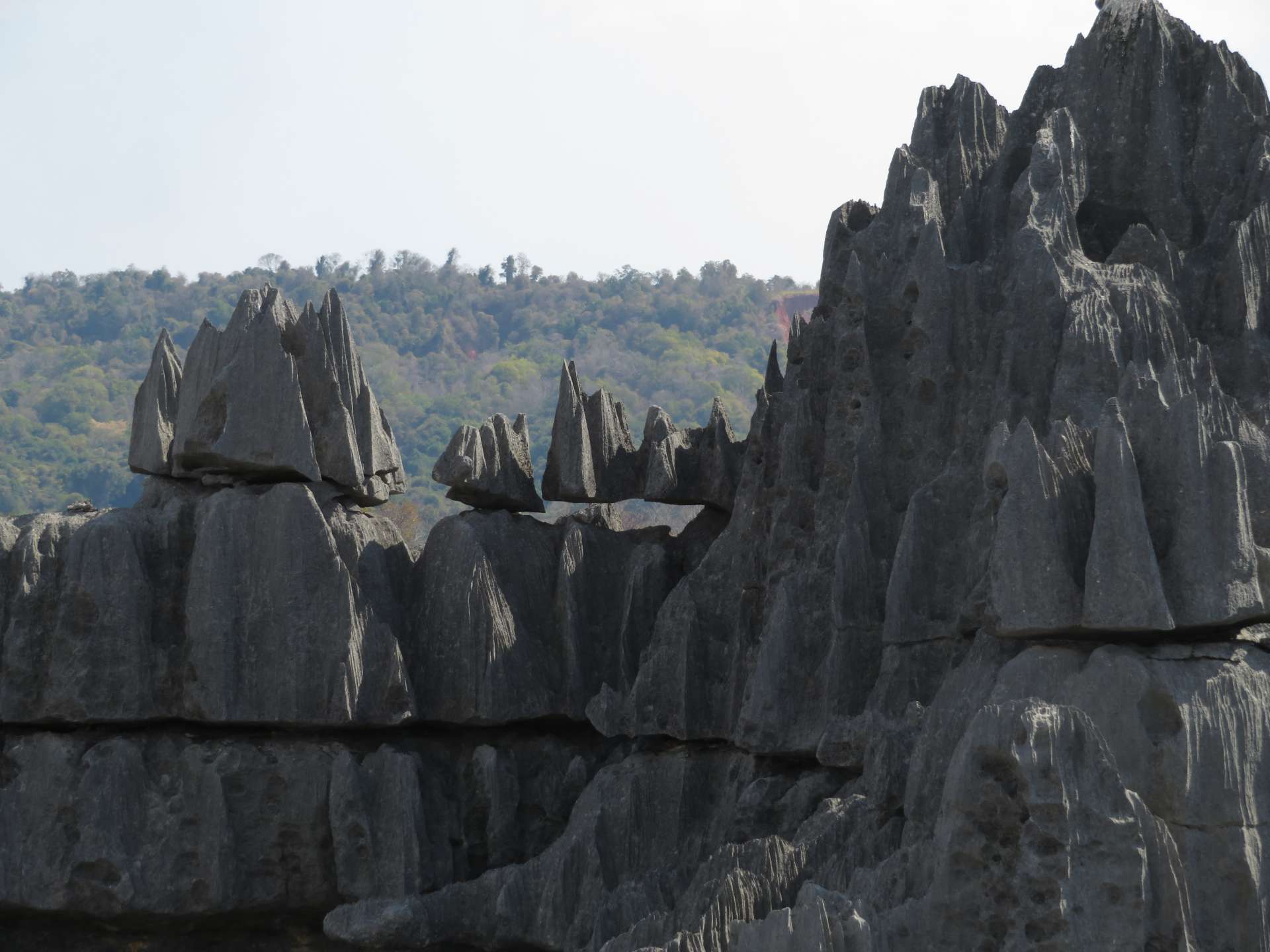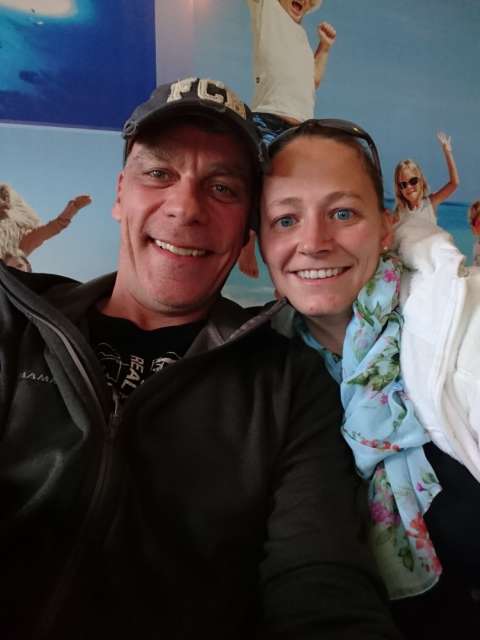Rainforest trek in Marojejy National Park
प्रकाशित: 21.09.2016
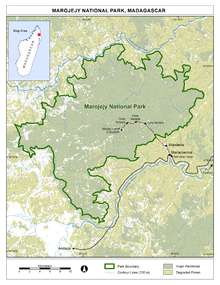
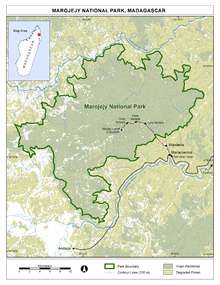
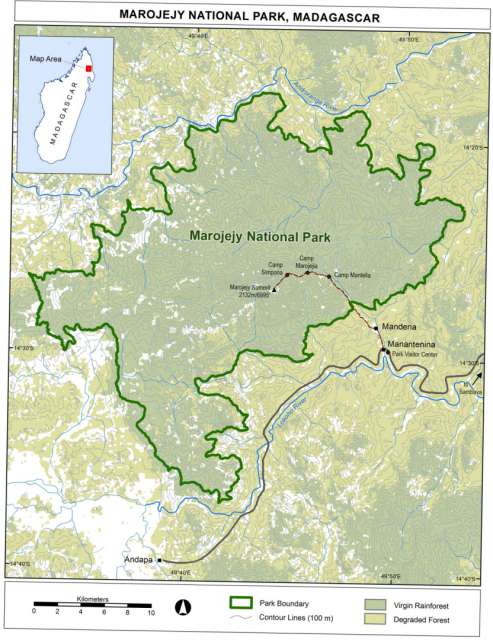
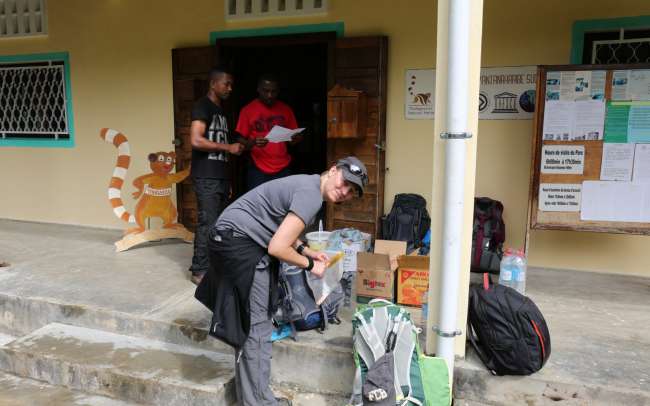
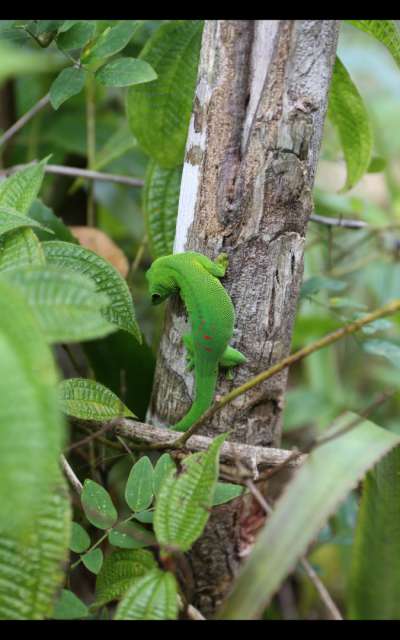
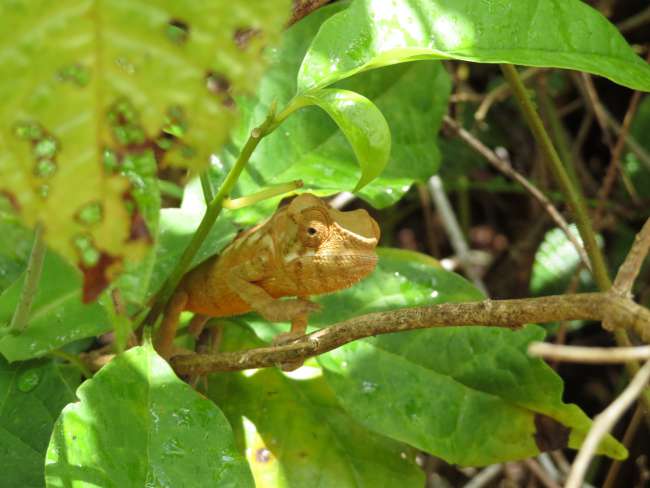
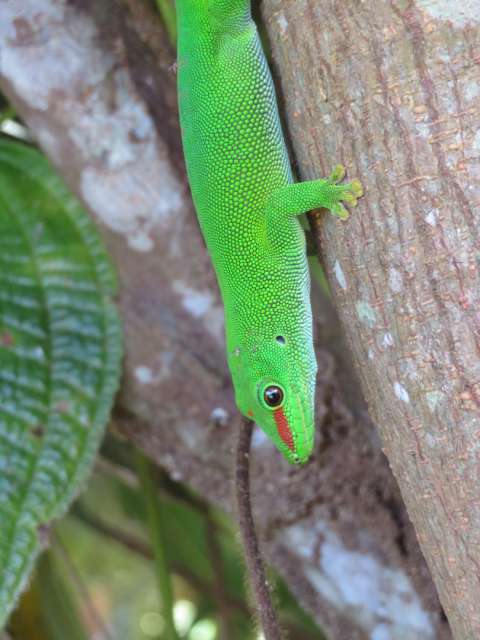
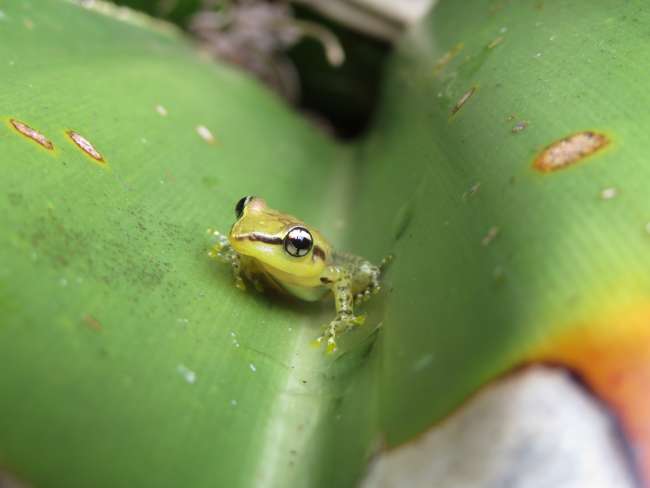
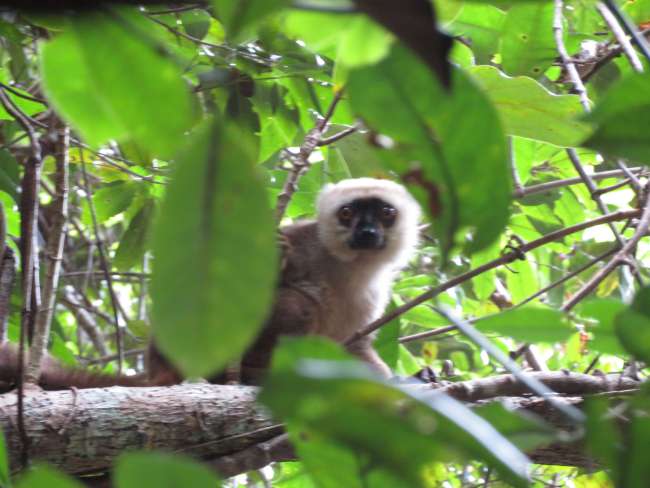
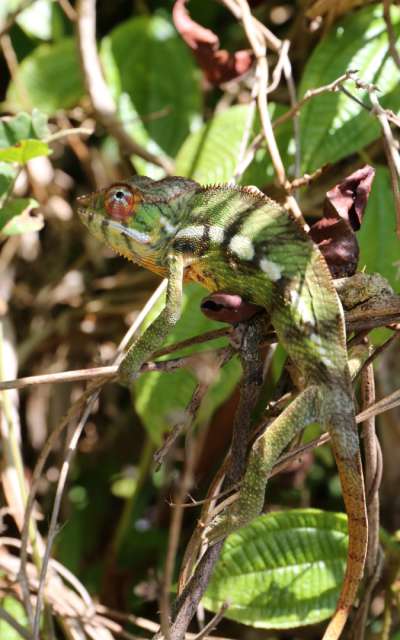
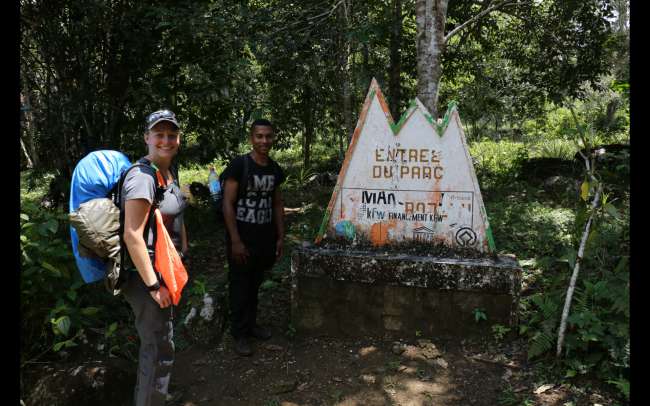
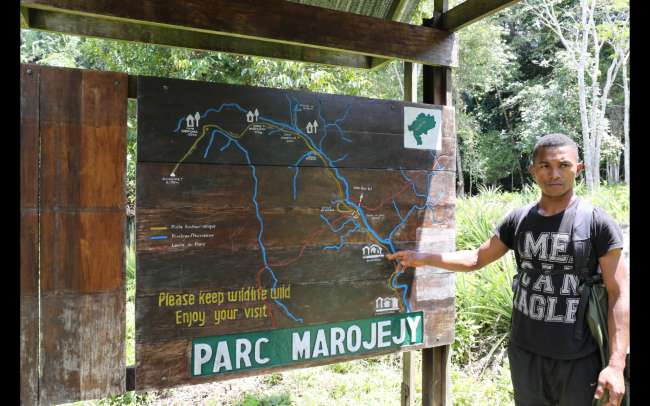
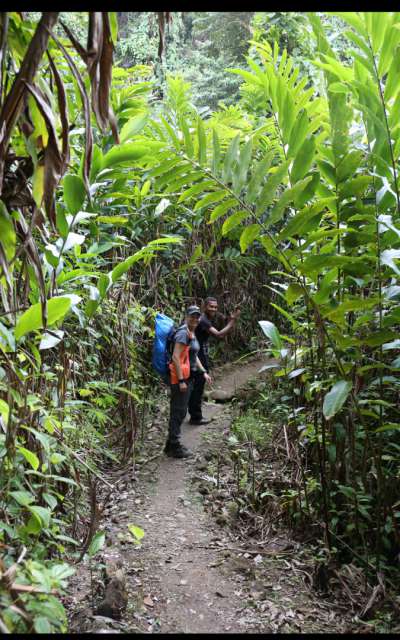
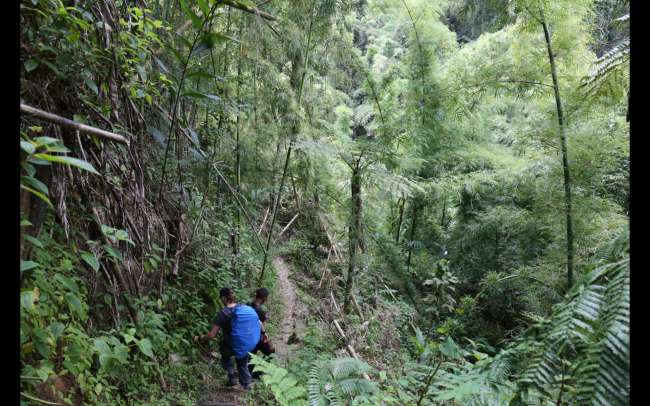
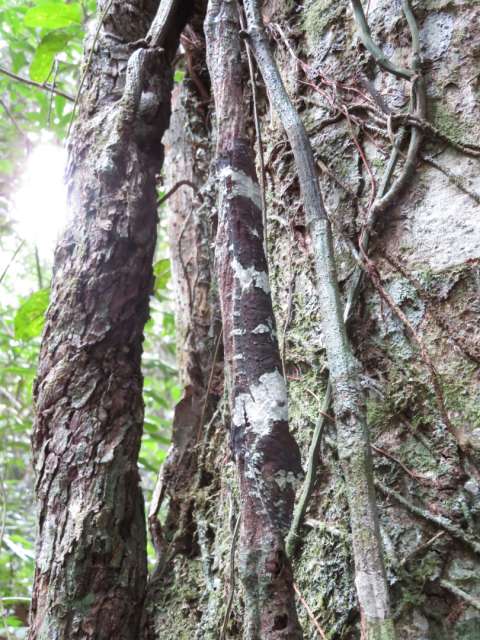
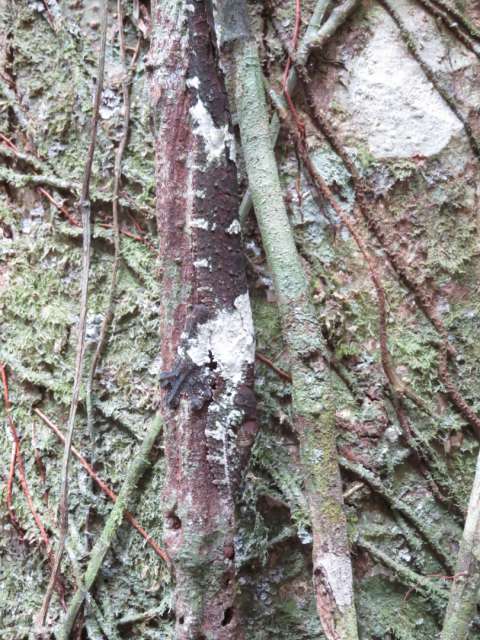
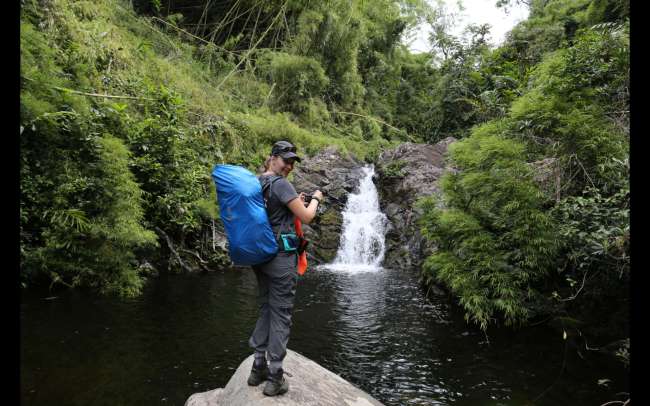
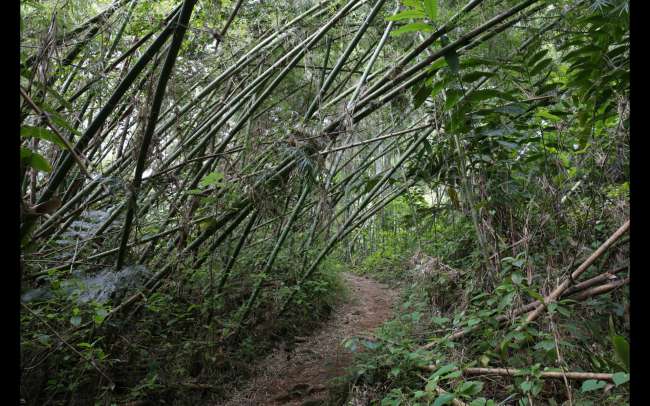
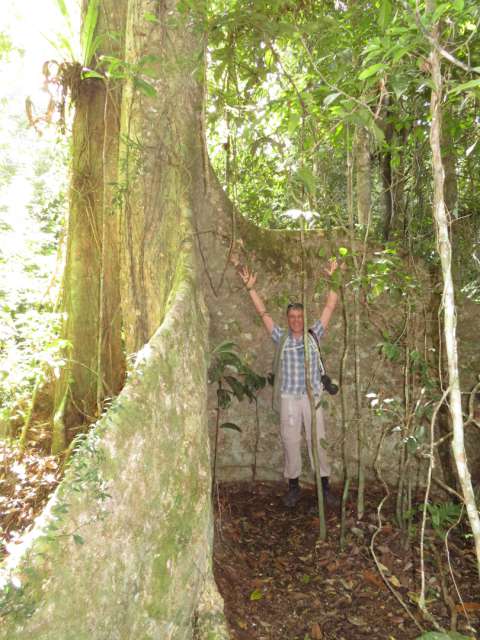
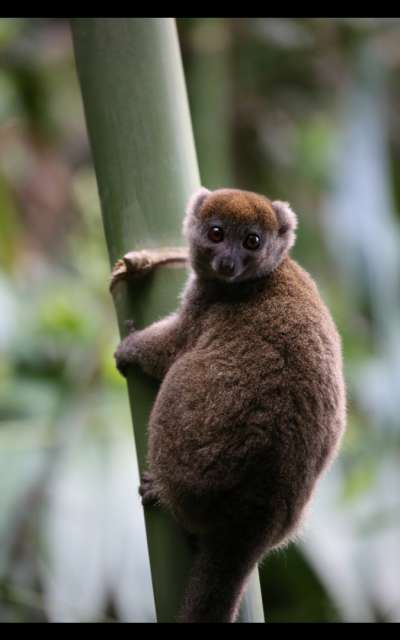
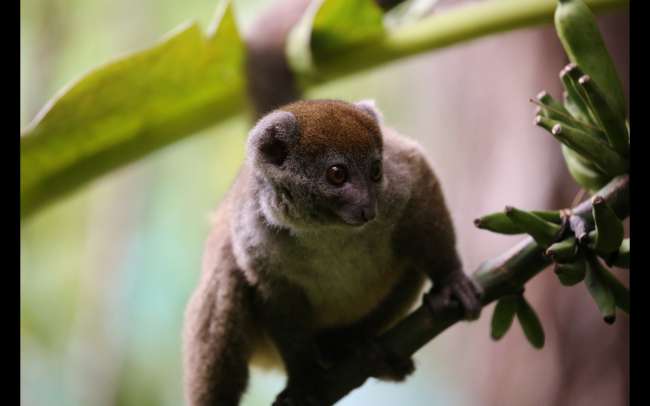
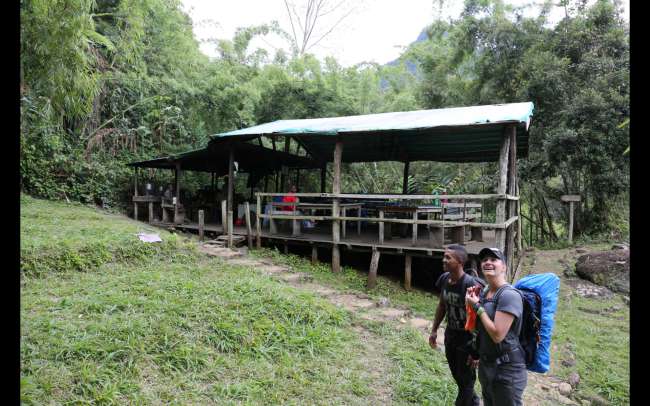
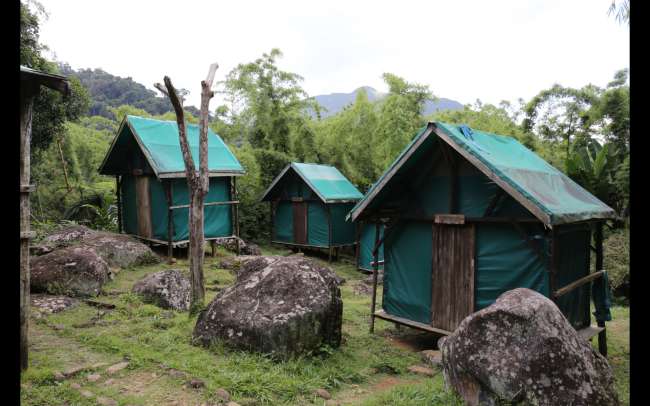
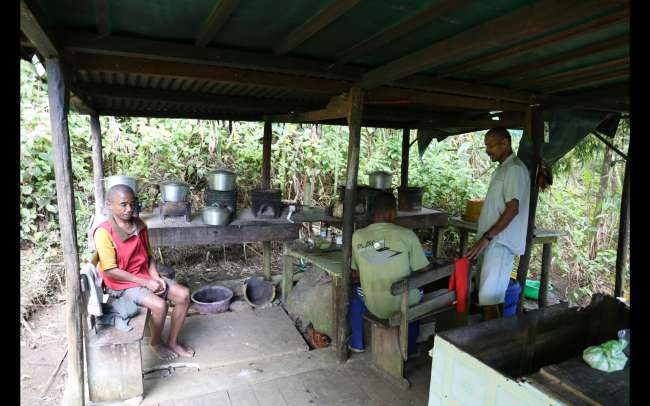
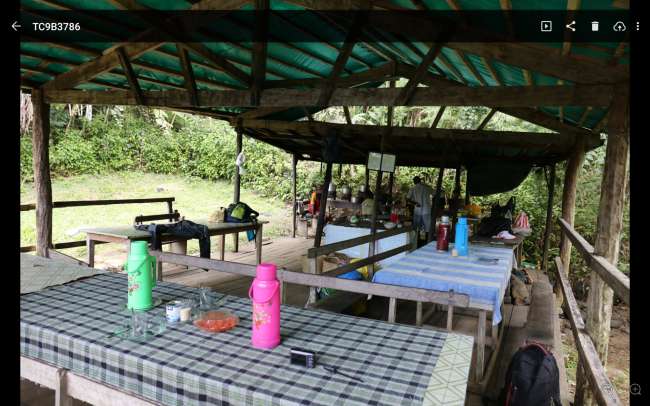
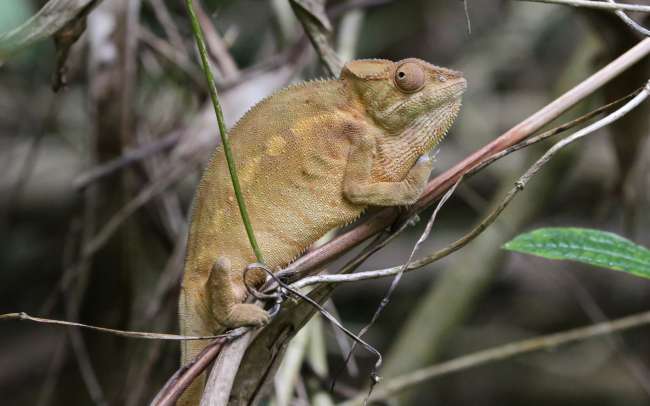
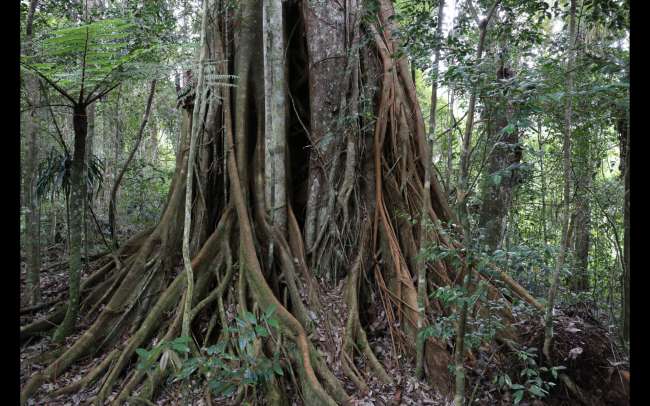
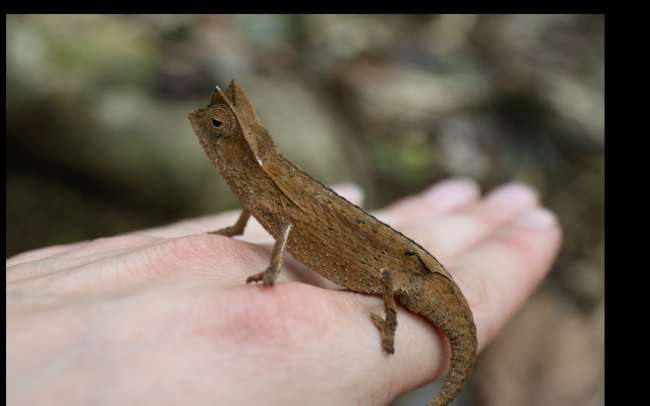
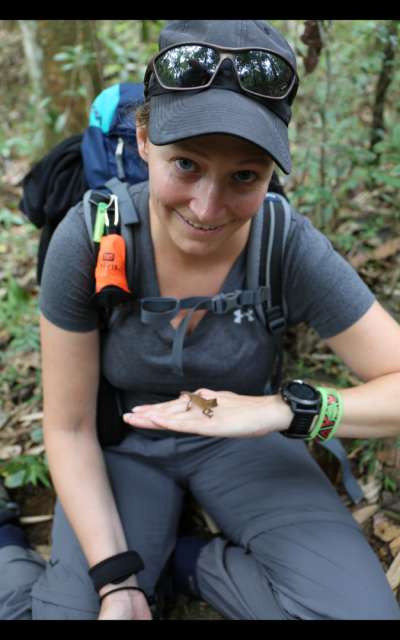
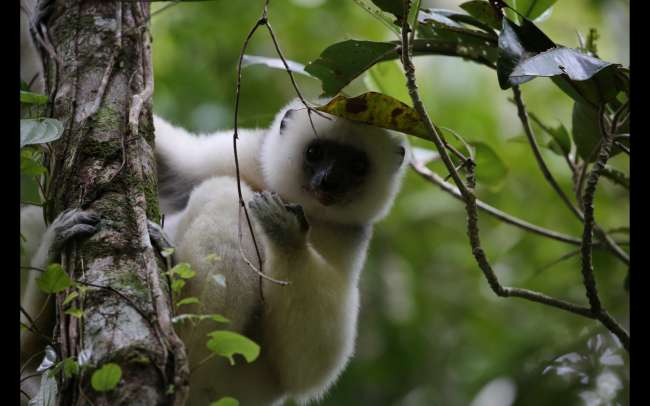
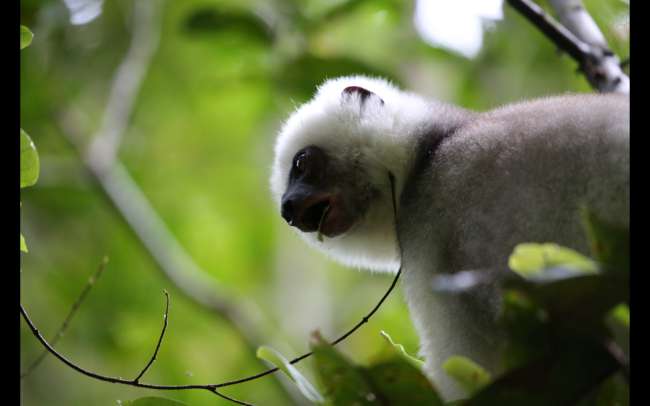
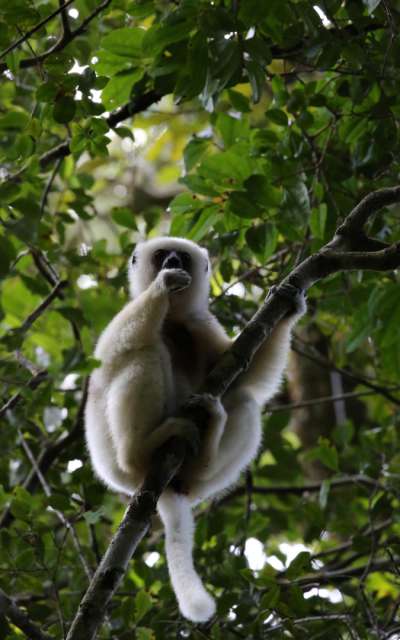
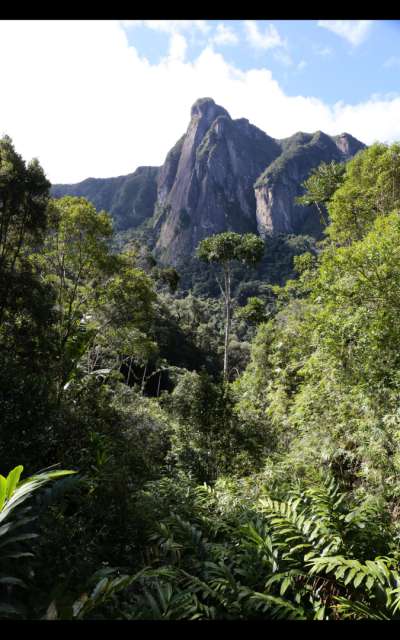
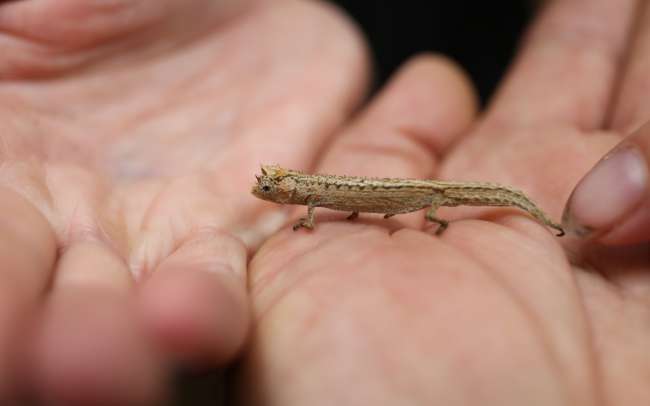
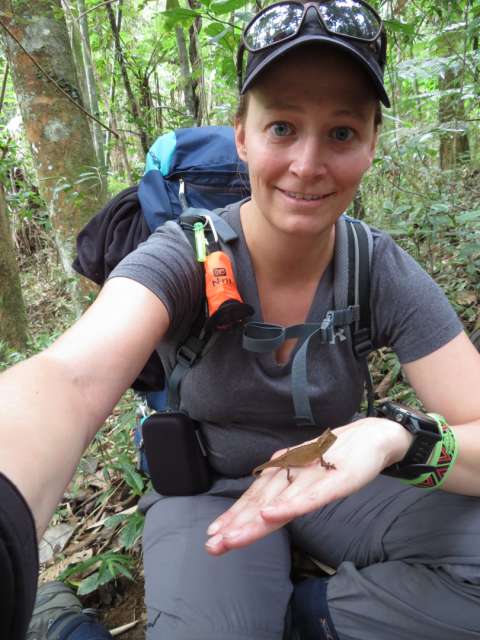
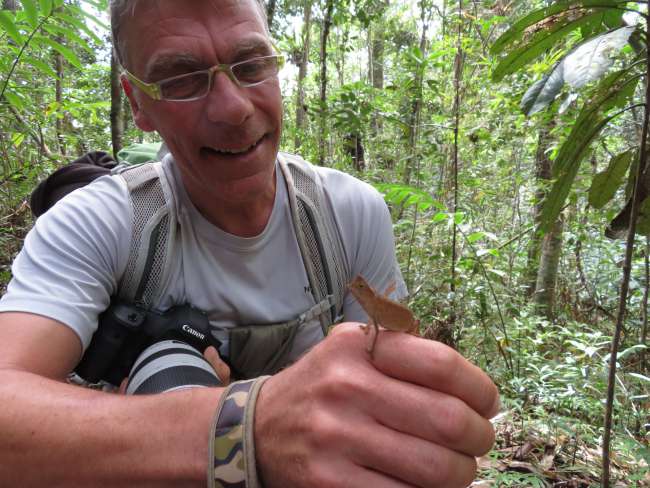
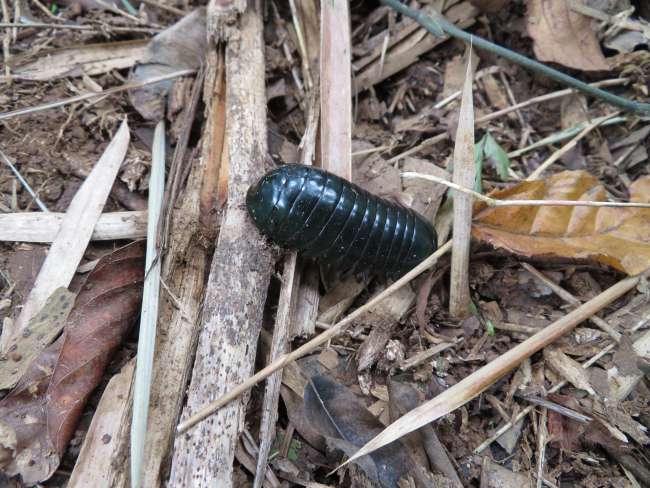
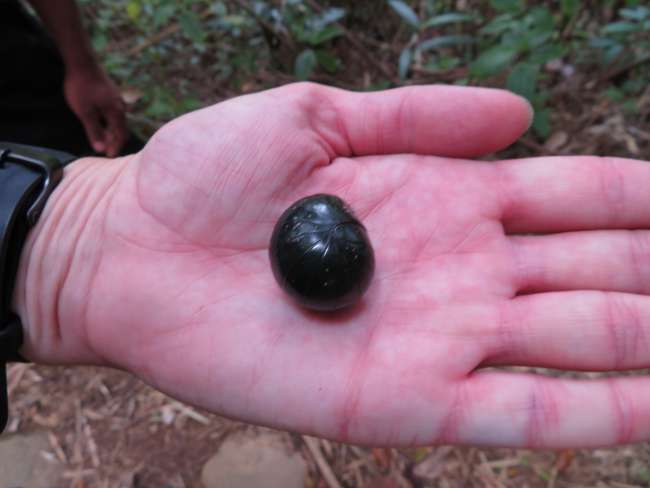
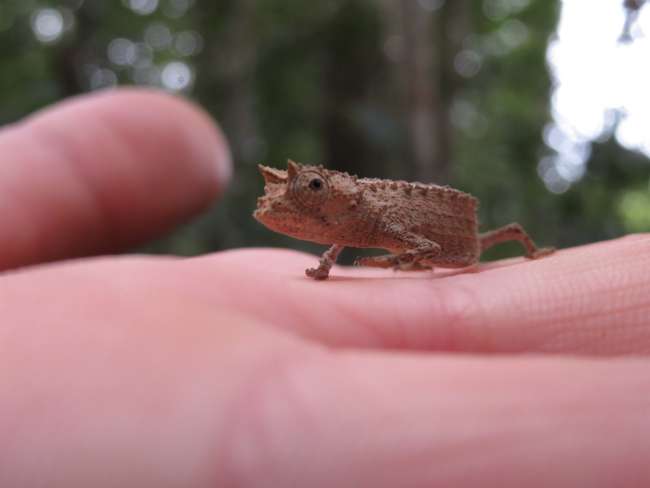
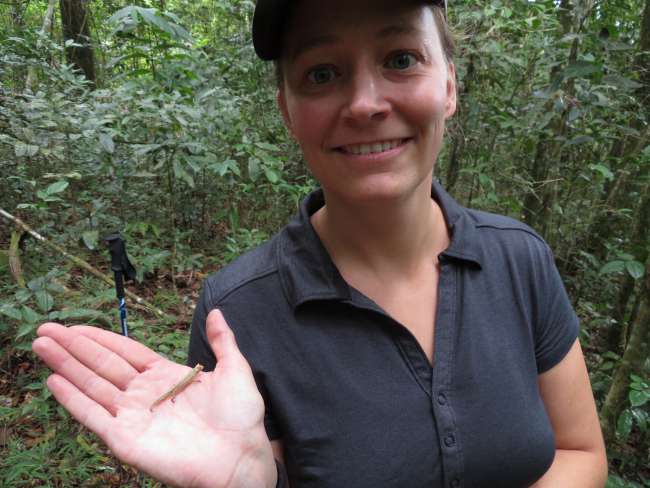
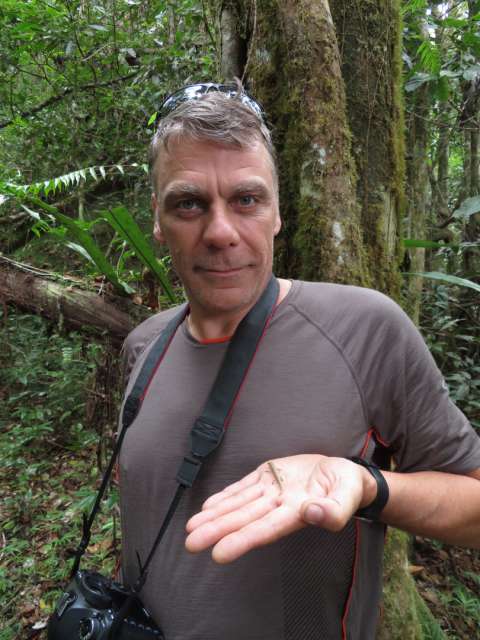
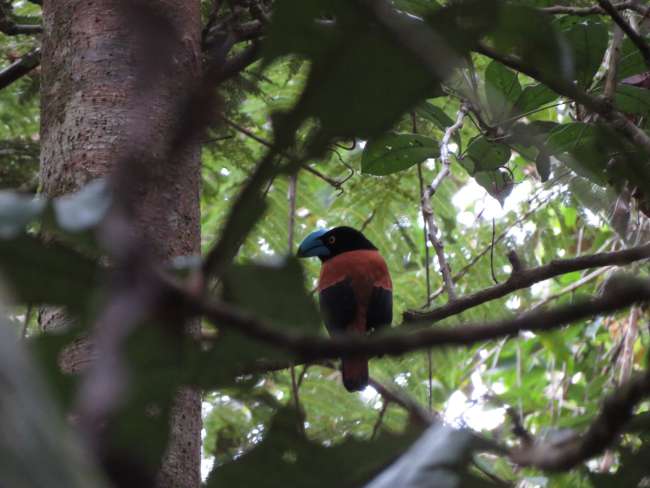
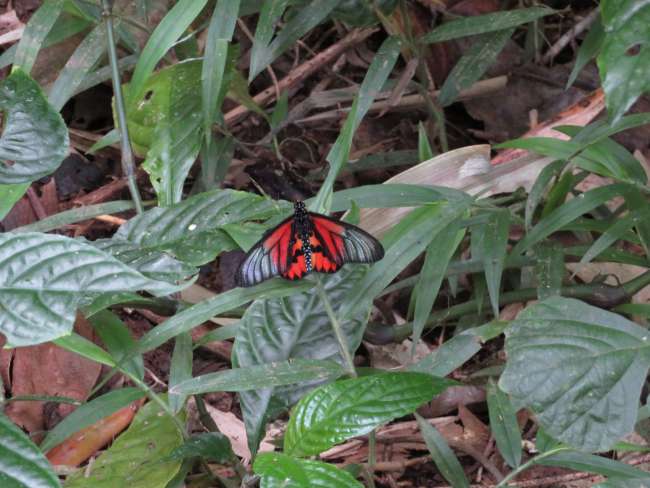
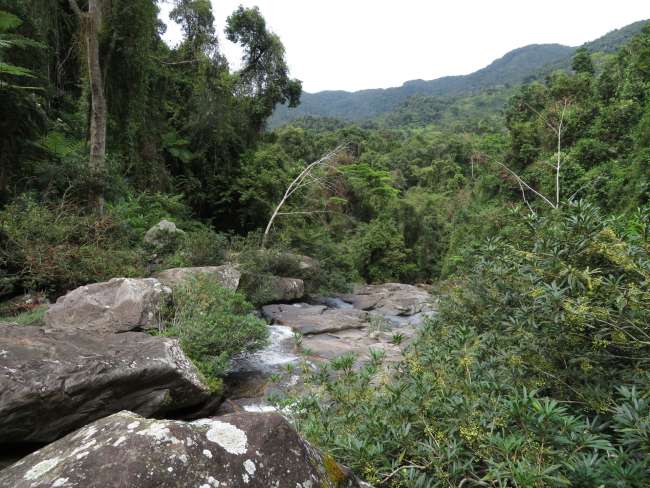
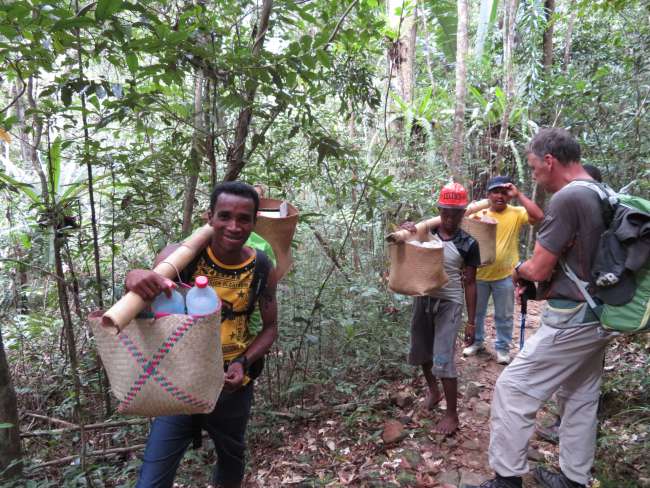
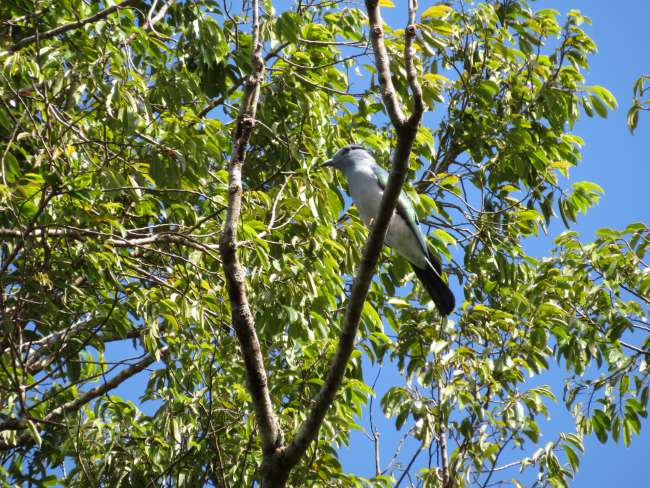
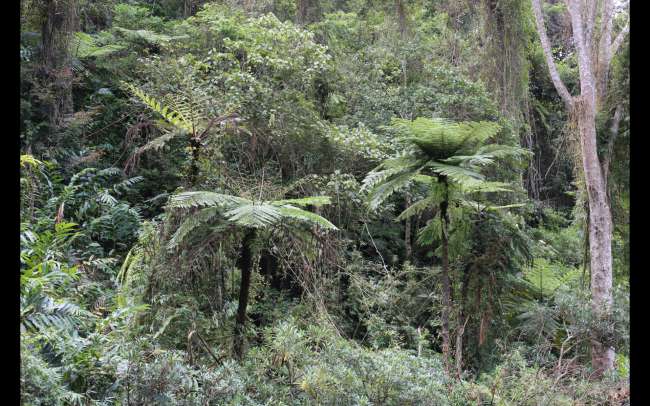
समाचार पत्रिका के लिए सदस्यता लें
It's time! Our long-awaited jungle adventure is about to begin. Although not originally planned in Masoala Rainforest but in Marojejy Mountain Rainforest. Also, instead of 5 days of trekking, it will be only 3 days. However, Marojejy National Park is just as promising as Masoala, as the 55,500 ha park is home to 11 lemur species, including the extremely rare silky sifaka found only here, 118 species of birds, including the 'Helmet Vanga', as well as many amphibians and reptiles, such as the leaf-tailed gecko or the extremely small chameleon species of the genus Brookesia. The flora here is incredibly diverse as well. There are original primary forests here, which differ completely due to the various altitudes, as well as secondary forests. For example, there are 275 different species of ferns here, as well as rosewood trees. No wonder the park was declared a UNESCO World Heritage Site in 2007...
We will be driven to the park office, where our guide for the next 3 days will be introduced to us. Franco, or Coco, explains what we will find in the park, how it was formed, and what our program will look like. We hand over our backpacks with clothes, etc. to the porters, who will carry our food up the forest - barefoot or in flip flops, mind you. Also accompanying us is a live chicken hanging upside down on a bamboo pole. Also in the group is our own chef and a spotter, who will lead the way and try to locate the rare silky sifakas for us. So, we start walking... First, it takes about an hour and a half to reach the actual park entrance, passing through villages, rice fields, and sparse forest. The guide shows and explains a few trees and medicinal plants to us, and shows us the first chameleons and geckos. Then we reach the park entrance and enter the rainforest. Soon, we are lucky to see the first lemurs, which are white-fronted lemurs. We try to take photos of the lemurs sitting high up in the trees. The hike continues uphill, passing by ferns as big as trees and trees with roots as tall as a person. The guide keeps an eye out for the best camouflaged leaf-tailed gecko, and we are actually lucky enough to spot one. Only with careful observation can we see it, as it is so well camouflaged. Happy to have actually seen a leaf-tailed gecko, we continue towards Camp 1, where the porters are already returning, having carried our luggage up and down the hill. Barefoot! We are wearing hiking shoes and are grateful for that... Incredible! Just before reaching Camp 1, we have the luck to discover some bamboo lemurs between the towering bamboo stalks. After about 6 hours, we finally arrive at the camp at around 4 pm, with many beautiful memories and photos from the first day. The camp consists of about 6 small bungalows, each with 3 beds. There is also a rustic toilet and a large covered area with a cooking stove. Apparently, the cook has reached the camp before us, because when we arrive at the camp, we immediately receive hot tea and coffee, as well as a mountain of rice, fish balls with vegetables, and salad. The chicken hasn't been sacrificed yet and is allowed to roam around the ground. After the meal, we are lucky to see the bamboo lemurs again, who are now playing near the camp. For dinner (less than 3 hours after the hearty afternoon snack), we have dinner: super delicious, tender zebu meat, lots of rice, and salad again. So, the chicken is still alive... After dinner, we go on a small nocturnal exploration walk and finally fall asleep, tired but satisfied, in our beds. Early the next morning, I hear the chicken one last time...
समाचार पत्रिका के लिए सदस्यता लें
उत्तर
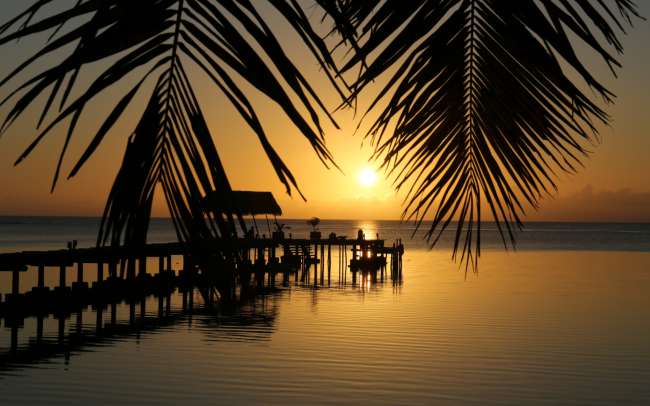
यात्रा रिपोर्ट मेडागास्कर
